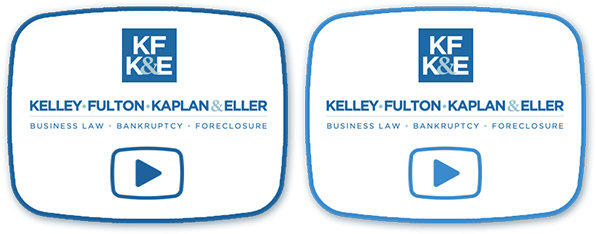West Palm Beach Student Loans Attorney
Are you thinking about filing for a Chapter 7 Bankruptcy or a Chapter 13 bankruptcy and wondering whether you will be able to have your student loans discharged? Most debtors are under the assumption that student loan debt is never dis-chargeable through bankruptcy. While student loans typically aren’t discharged in a consumer bankruptcy, it may be more likely than you think to have all or part of your student loan debt erased.
When you are filing for bankruptcy and dealing with the complicated issue of student loan discharge, you will need to have an experienced West Palm Beach student loans attorney who can work closely with you throughout this process.
Discharging Student Loans in Bankruptcy
If you have a substantial amount of student loan debt, it’s important to understand the situations in which student loans can be discharged under bankruptcy proceedings. Most importantly, student loans, whether private or federal, can’t be discharged in a typical bankruptcy proceeding.
How does it work? First, you will need to file a separate suit, or an “adversary proceeding.” The adversary will be like a smaller trial within your larger bankruptcy case.
Bankruptcy Test for Undue Hardship in Student Loan Repayment
After you have filed a petition for an adversary proceeding, the court will have to decide whether to discharge all or part of your student loan debt. How will the court make this decision? A bankruptcy judge will have to decide whether paying back the balance of your loans would present an “undue hardship” for you. In order to make this decision, the bankruptcy judge typically will rely on the “Brunner Test” for undue hardship. In order to meet the Brunner Test for undue hardship, your petition for an adversary proceeding will need to show the following:
- Impoverishment: you will need to be able to show that you cannot maintain a minimum standard of living for yourself (and if applicable for your defendants) if you’re required to continue making student loan payments.
- Situation persistence: you will need to show that your current financial situation is likely going to continue through your student loan repayment period.
- Good faith effort: you will need to prove that you have made a good faith effort to repay your student loan balance.
It’s often quite difficult to meet the three conditions of the Brunner Test for undue hardship, but a dedicated Florida bankruptcy attorney can help to gather the specific facts of your situation and to make a strong case for discharging your student loan debt.
In some cases, bankruptcy judges will determine undue hardship using a test other than the Brunner Test. For example, sometimes a court will use a “totality of the circumstances” test, where the bankruptcy judge will take a look at any and all relevant factors that relate to your ability to repay your student loans. While Florida bankruptcy law can be complex, an experienced lawyer can determine how to present your best argument when it comes to bankruptcy and student loans.
Contact an Experienced West Palm Beach Bankruptcy Attorney
At Kelley Kaplan & Eller, we know how stressful it can be to think about consumer bankruptcy. However, many of our clients are pleased to learn that it may be possible to discharge heft student loan debts through personal bankruptcy. If you have questions about student loans and bankruptcy, don’t hesitate to contact one of our qualified West Palm Beach student loan attorneys.


